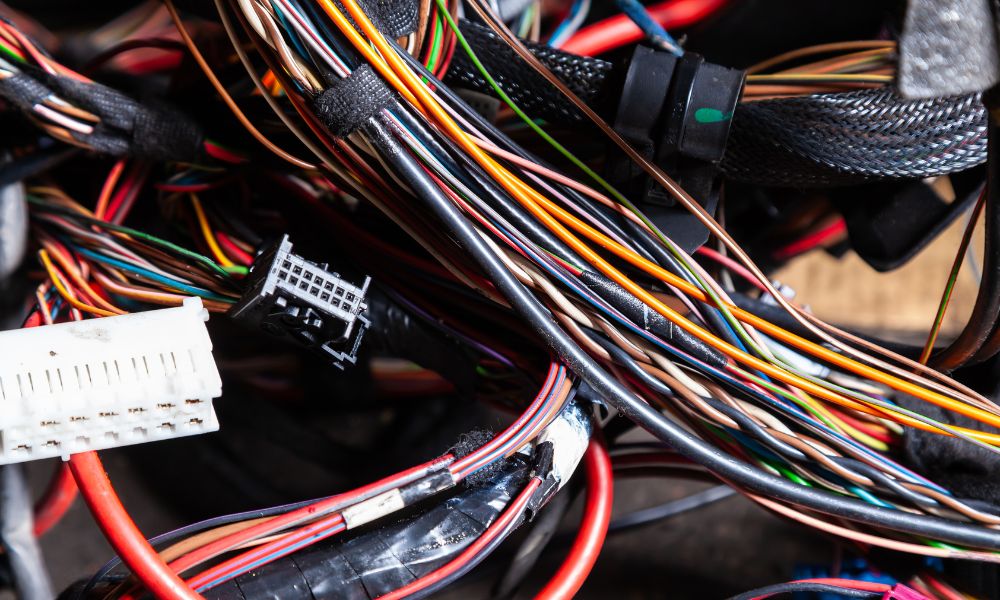4 Tips for Storing Automotive Electrical Connectors
4 Tips for Storing Automotive Electrical Connectors

The way you store your automotive electrical connectors can significantly impact your efficiency and effectiveness in managing vehicle repairs and maintenance. Proper storage methods range from designating a spot for them to regularly checking that the connectors work. Review expert tips for storing automotive electrical connectors to keep this repair essential secure.
Designate a Specific Storage Spot
Choosing a designated storage spot for these components prevents misplacement or confusion when looking for them. It also helps keep your workspace organized, reducing the risk of losing small connectors or parts.
When designating a storage spot, prioritize accessibility and visibility to ensure you can easily locate the connectors when needed. You could designate a shelf, a drawer, or a cabinet in your workshop or garage.
Pro Tip
Categorize connectors according to their number of pins; place all 9-pin wire connectors in one section, 12-pin pigtail connectors in another, and so forth. The key here is consistency and accessibility, so select a convenient spot and stick to it.
Label All Connectors
Accuracy is non-negotiable in automotive work, so a crucial tip for storing automotive electrical connectors is to label each component. Your labels should include the number of pins, the area of the car it's for, and the make and model the connector works with.
By labeling connectors, you eliminate the guesswork of knowing which component is which. For example, if you have a connector for the exterior lights of a 2016 Toyota Camry, label it as such. This not only saves you time but also ensures that you use the right connector for the right car model.
Prevent Damage During Storage
Specific elements such as moisture, dust, and debris can damage connectors by corroding metal parts or clogging connector pins, which can cause malfunctions. To prevent these risks, store your connectors in a small plastic bag or box that offers protection from moisture and debris. Ideally, the container you keep the connector in should be airtight and free of contaminants.
Regularly Check and Maintain Connectors
As you would do with any other automotive component, you should regularly check that the connectors in your inventory appear in good shape. Don't wait until you need a connector to evaluate it. Inspect each connector for any signs of corrosion or damage. If you find any issues with components, clean and repair them immediately to prevent further problems.
Order Genuine OEM Connectors
When it comes to automotive electrical connectors, using genuine OEM (original equipment manufacturer) parts is essential. Connector Experts sells authentic automotive connectors that are compatible with countless vehicles. Contact our team if you can't find the exact product you need among our thousands of options, and we'll happily assist you.

You must login to post comments.